Follow the Leaders
Attracting & Retaining Top Talent During The Great Resignation

The “Great Resignation” has received substantial media, policymaker and business attention. But what effect has it had on local businesses? Have the national record setting “quit” rates changed how local small to mid-sized companies are thriving?
The Study
The Virginia Council of CEOs (VACEOs) conducted a statewide survey of it’s members to gain perspective into talent and workforce issues at small and mid-sized businesses during these turbulent times. Seventy-four members participated and the results were analyzed by an independent firm.
Topline Results Are Positive
The topline results are positive regarding headcount and turnover.
- Nearly half (49%) of CEOs responding to a survey commissioned by the Virginia Council of CEOs (VACEOS) have increased headcount, while only 16% have fewer workers than they did two years ago.
- Turnover has not changed significantly, with 3 in 4 survey participants experiencing about the same or lower quit rates as they had prior to the pandemic.
Retention Biggest Challenge For Most
Although most Virginia companies have sustained or increased headcount, retaining employees has not been easy. Companies have adopted various strategies, with raises being the most common.
So, how are VA CEOs not only attracting the best employees – but keeping them?
Download our FREE report “How CEOs Are Attracting & Retaining Great Talent in a Transformed Labor Economy – Experiences, perspectives and insights from 70+ local CEOs” to find out!
About Virginia Council of CEOs
Virginia Council of CEOs (VACEOs) is a nonprofit organization connecting CEOs for learning and growth. Formed more than 20 years ago, member benefits include placement in a peer roundtable group and access to a thought leader network, and a robust program of events for learning and growth. This is not a networking group, but rather a group of CEO peers who are invested in the success of each member. To qualify for membership CEOs must run a business with $1M+ revenue and 5+FTEs. Learn more at www.vaceos.org.
Our “Post-COVID” World: Returning to the Office
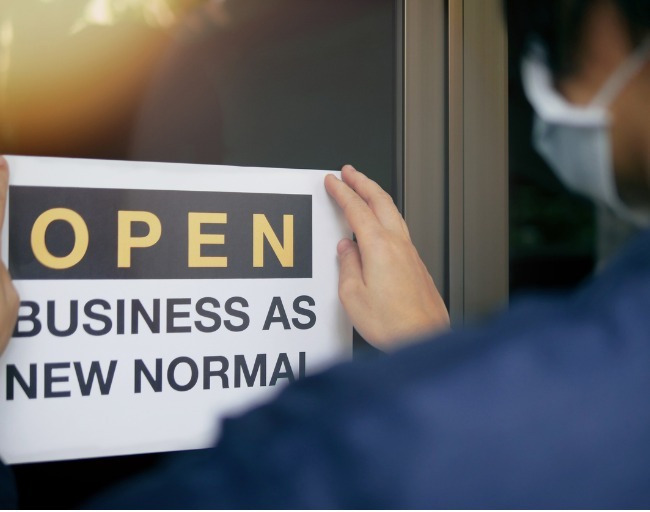
In March 2020, the business world went virtual. Offices closed, desks emptied, and the break room went silent. Now, more than a year later, your business might have already brought employees back to the office or have plans to do so soon.
As your employees come back, it’s important to remember one thing: COVID isn’t necessarily over. That’s why “Post-COVID” is in quotation marks in the title of this article. Yes, case numbers, hospitalizations, and deaths have declined dramatically since the start of the vaccination effort. That’s what is allowing companies to reopen their offices.
But COVID is not completely over, nor is it going away entirely. This fall, you may need to deal with a surge in cases driven by a variant. Or your operations may be affected by the need for a booster vaccine. As your employees return to in-person work, here are a couple things to keep an eye on.
Recommendations For Your Business: It Depends On The Details
Your employees’ degree of comfort, and the specific health recommendations we can make, will vary by business. In general, the more people – especially indoors – the greater the risk. The fewer people vaccinated or unknown, the greater the risk. The more vulnerable the potential recipient, the higher the risk.
In Virginia, we have been lucky to enjoy relatively low active COVID levels combined with relatively high vaccination (at least through July 2021 when this was written). Of course, that may change as variants emerge and we head into the fall, when we reasonably expect the prevalence of respiratory illnesses, like COVID or influenza, to increase.
Keep an eye on case numbers and the percentage of those being tested in your area. As they increase, the risk to your employees increases and your business should, at the very least, be prepared to make adjustments once again.
Mental Health: The Stress Remains
We are returning to our new normal, but that doesn’t mean the lasting effects of COVID have dissipated. The past 18 months or so have been hard for a lot of people.
Many have suffered losses of loved ones. Many have had enormous challenges in balancing professional and family responsibilities. And as your employees return to the office, they will face more stress related to kids and other family members, especially as children return to school in the fall.
Managing your employees’ everyday stress will be one of your primary challenges. A few months ago, 84% of adults reported feeling at least one emotion associated with prolonged stress (anxiety, sadness, anger, etc.). Many people aren’t sleeping well – 40% of adults have reported having trouble sleeping during the pandemic.
It’s likely you will see signs of stress among your employees in the office. What’s the best thing you can do for them? Recognize that we have all been through some tough stuff, and that our experiences have been and will continue to be individual. When possible, individualized solutions and approaches are ideal.
Employee Health: What To Focus On
As your employees return to the office, you may be wondering: what can we do to encourage health and wellness among our workforce? In many ways, this hasn’t changed since the start of the pandemic.
First, encourage your unvaccinated employees to get vaccinated. The vaccines are the safest and most effective way to protect both yourself and others.
Overall, emphasize the importance of eating healthier, exercising regularly, and sleeping better. All three help improve our immune systems – the first line of defense against any illness, COVID or not.
Also, remind them to schedule any preventive care appointments (colonoscopies, mammograms, annual physicals, etc.) they may have put off due to the pandemic. The National Cancer Institute projected missed screenings and other COVID-impacts could results in 10,000 additional deaths from breast and colon cancer of the next 10 years. We all need to get caught up on preventive healthcare appointments quickly.
For in-office safety protocols, the balance of managing vaccinated vs. unvaccinated employees is a challenge. In general, unvaccinated employees should continue to wear a mask, especially when around other unvaccinated people. Social distancing and regular hand washing continue to be easy ways to reduce risk.
And for managing the after-effects of COVID, be flexible. Hybrid-work schedules, flexible time, and a focus on results rather than process may help.

About the Author
Janet Kiss is a Membership and Corporate Sales Associate at PartnerMD and is available for one-on-one and/or roundtable conversations for VA Council of CEO Members.
Editors Note: PartnerMD is a Sponsor of Virginia Council of CEOs.
Should My Small Business Mandate COVID Vaccinations?

There is a tricky situation unfolding daily for small business owners across Virginia as we speak, and it starts with the question: “Can I require my employees to get a COVID-19 vaccination?”
But, there is more to that question, including:
- Should I have it administered onsite?
- What ERISA or COBRA concerns do I need to know?
- What if someone refuses to get the shot for religious or other reasons?
- Can I fire someone for refusing to get a vaccination?
First things first, is it legal in Virginia to require the vaccine?
“Yes, you can require your employees to get the vaccine,“ says Karen Elliott, Esq. of Eckert Seamans. “It’s not against the law to require them. The real question is, should you? And, what are the legal parameters around it?”
So, where do you begin? And how do you avoid the alphabet soup found within the federal health and labor regulations?
 COVID VACCINE AND ALPHABET SOUP
COVID VACCINE AND ALPHABET SOUP
When you are thinking about whether to mandate the vaccine or not for your employees, the question becomes quickly complicated. And new legislation and agency guidance could be drafted and amended as we speak. It is a situation that continues to unfold, Elliott reports.
The decision to mandate or not could be a simple answer for some CEOs (like those who run a manufacturing facility where workers work together closely on the line and there is a need to keep the business running.) But beware, there could be ERISA (Employee Retirement Income Security Act), COBRA (Consolidated Omnibus Budget Reconciliation Act,) or HIPPA (Health Insurance Portability and Accountability Act) implications depending on how you structure your Shots-to-Arm campaign.
“If you arrange for the two-shot vaccine through a provider either offsite or onsite, now you’ve potentially got a health program that is subject to administration, and that potentially shifts it over to an ERISA Plan subject to COBRA requirements.”
It sounds helpful to establish an on-site or off-site shot program, but if you do, that is when complex issues might arise. For example if your program administers the “two-shot vaccine,” your program may now fall under ERISA. Elliott explains, “If you arrange for the two-shot vaccine through a provider either offsite or onsite, now you’ve potentially got a health program that is subject to administration, and that potentially shifts it over to an ERISA Plan subject to COBRA requirements.”
For example, should you fire someone or they terminate between the first and the second shot you may be required under COBRA to pay for a second shot. This is another reason Elliott encourages you to think through your decision.
“The only way to steer clear of the HIPAA, COBRA and ERISA issues is if you decide to require everybody to have a shot, you tell them to go someplace else and get the shot. You can require them to give you proof that they got the shot. And, you can give them time off to get the shot,” says Elliott. “However, if the employee meets the religious or ADA exemption, then you cannot fire them for not getting the shot,” she added.
FINAL WORD: ENCOURAGE AND WAIT AND SEE
Her advice today? Remember, you can require the vaccine (absent qualifying disability and religious reasons) and proof of vaccination.
If your business cannot survive without a mandate, then mandate with caution. Weigh all the alphabet soup concerns, especially if you decide to set up some kind of mandated program onsite or offsite.
For other business owners Elliott suggests you work with your HR department to develop a communication plan that encourages your employees to get the vaccine through their primary care doctor or the proper VHD network.
Elliott adds, “We don’t advise incentives other than days off.”
Ready to learn more? Download “COVID-19 Vaccines: Ten Frequently Asked Questions by Employers By Lindsey Conrad Kennedy and Karen Elliott”.
EDITOR’S NOTE: This article and Legal Update is intended to keep readers current on developments in the law. It is not intended as legal advice.
COVID-19 Response: Panel of CEOs Explain What’s Changed for Good
 Mark Smith, Owner, Midas of Richmond
Mark Smith, Owner, Midas of Richmond
“It could’ve been very easy to say, ‘Hunker down, cover yourself, and let’s survive this,’” says Mark Smith of Midas of Richmond when asked about his business mindset at the beginning of the COVID-19 crisis. “I just chose to take the opposite route.”
“I just went in as upbeat. It’s a positive. ‘Yeah, this is not ideal, but there are going to be things that are going to capture market share. It’s an unfortunate way to look at this, but there are going to be people who survive this and there are going to be some who won’t. We’re going to turn it up even harder.’”
So Mark Smith bet big.
“We’ve always gone in kind of expecting success. Well, now we expect success just a little bit more.” – Mark Smith, Midas of Richmond
Smith ramped up his monthly marketing budget by more than 35%, added another TV station to his broadcast media strategy, doubled his radio spots, and hired Red Orange Studios, a Richmond, VA ad agency, to build a robust “More to Your Door” campaign – one he intends to invest in significantly.
“So the big thing that changed for me was my mindset,” Smith explains. “We’ve always gone in kind of expecting success. Well, now we expect success just a little bit more. We’re going to go full out. We’re going to capture market share. We’re going to hire folks. We’re going to grab what we can. We’re going to do it proactively, we’re going to do it aggressively, and we’re going to do it unapologetically.”
WHAT’S CHANGED FOR GOOD
A new “Go Big” mindset
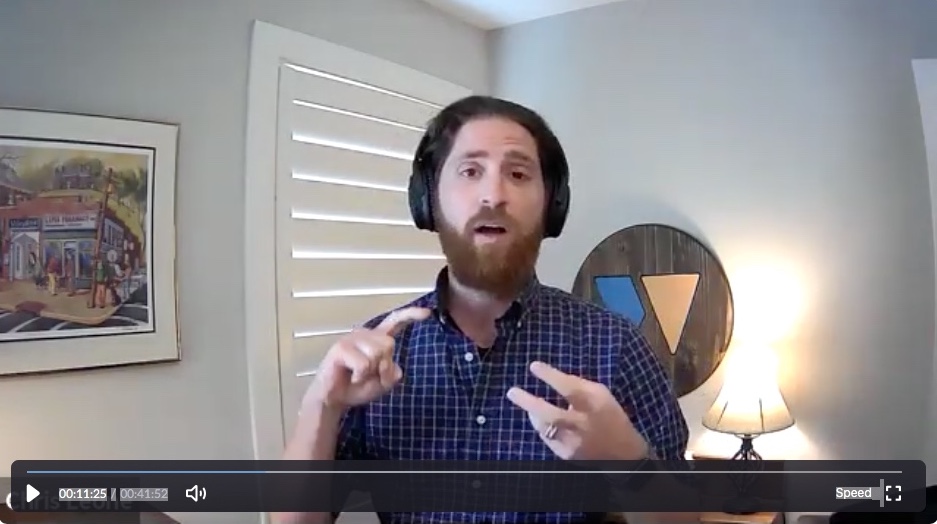
Chris Leone, CEO, WebStrategies
How was Chris Leone of WebStrategies feeling in the early stages of COVID-19? “I think maybe some of us kind of knew that this was not going to be a short-term thing,” he says. One of his biggest concerns for his digital marketing firm was figuring out how to approach customers when selling their services.
“It went from, ‘Um, yeah, sure – I’ll meet with you’ or ‘Now’s not a great time,’ to ‘How dare you try to call me right now?’ I mean, if you’re in sales or know people in sales, the responses we were getting were just vicious. The whole sales community is wondering, ‘How the heck do we behave right now through all of this?’”
Leone chose to focus on what he could control.
“We decided to create as much value as possible for our marketplace in the form of content and be as loud as we possibly could.” – Chris Leone, WebStrategies
“I can’t control what people are willing to give to me – their time, a meeting, a signed contract – but I can 100% control what I’m willing to give to them. So with that, our sales and marketing strategies shifted. We decided to create as much value as possible for our marketplace in the form of content and be as loud as we possibly could.”
Leone hired an additional marketing person, invested more in the content of his webinars, and tripled the amount of content on his website. Instead of asking for meetings, his salespeople offered free content – and the company has seen its first-meetings rate increase by 117% compared to last year.
What changed for good? Leone has learned to ask himself, “When the behavior of the marketplace changes quickly and dramatically, how can we adapt? So we remain focused on the things we can control instead of wishing for things to go back to how they were. We’re driving home the importance of being seen as a trusted authority in our space. [The pandemic] forced us to find new ways to do that, and we’re going to be able to carry that forward into the future.”
WHAT’S CHANGED FOR GOOD
Adaptability and focus on the controllable
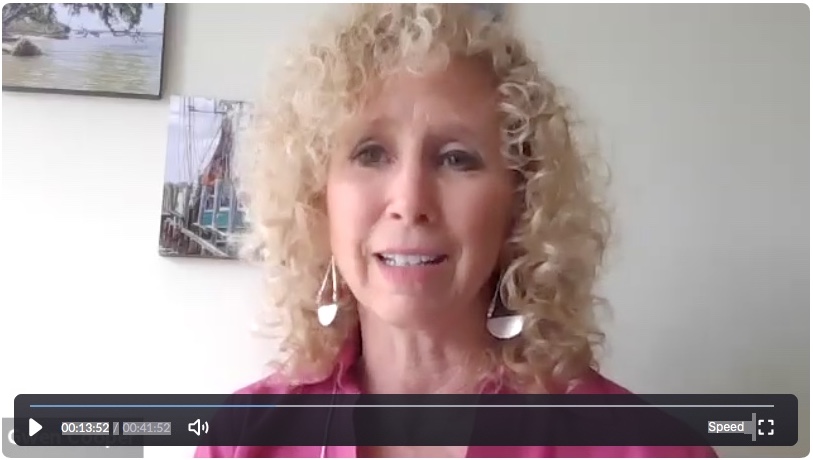
Gwen Cooper, CEO, Patient Services, Inc.
Gwen Cooper, CEO, Patient Services, Inc. (PSI), was hired as the company’s new CEO on June 1, smack in the middle of the pandemic. To say she’s had a challenging first few months on the job is an understatement.
“We are the oldest patient assistance program in the country headquartered in Virginia. Our nurses, doctors, outreach managers and government affairs teams were working around the clock to make sure all our patients had every opportunity to get the care they needed…in their homes.”
In her new role it was imperative that she quickly understood the “before COVID” work habits versus the “current state” work habit to determine how well it was working for her new team of 50. “[Moving staff remotely] gave us an opportunity to really look at our staffing needs, contracts and benefits to help us understand where we could streamline our expenses. Especially when it became clear we weren’t coming back anytime soon.“
“We’re not coming back to the office. We’re going to have a permanent flexible work schedule and work out what our remote working looks like.” – Gwen Cooper, Patient Services, Inc.
The great news is that productivity has actually increased, Cooper reports.
“What’s changing for us at PSI is that we’re not coming back to the office. We’re going to have a permanent flexible work schedule and work out what out remote working looks like,” she says. Making that work now includes keeping an eye on staff members’ “emotional bank accounts” since she knows they’re missing day-to-day interactions with each other.
WHAT’S CHANGED FOR GOOD
Operational efficiencies and a shift to a remote work model
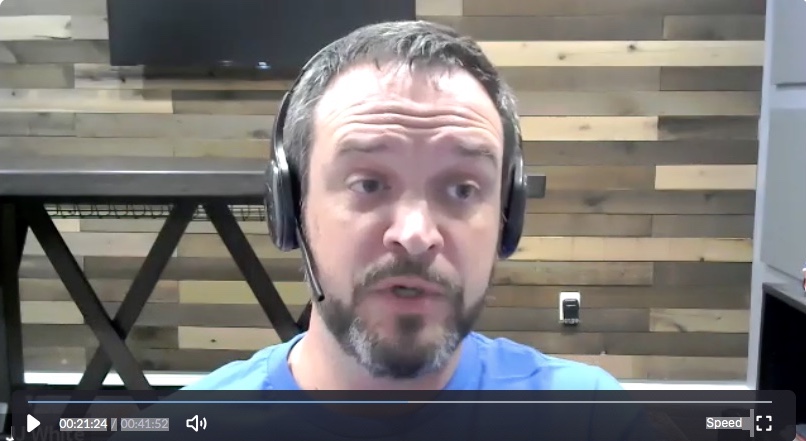
JJ White, CEO/Franchise Owner, Dale Carnegie
JJ White, Dale Carnegie CEO/Franchise Owner, is arguably the most affected by COVID-19 of our panel. “I’ve been a multi-unit franchise owner for Dale Carnegie Training for 20 years,” White explains. “Ninety-nine percent of what we’ve always done is bringing groups together in a room for transformational learning programs, bringing permanent behavior changes and soft skills, leadership, communication – things of that nature. When we started our week on March 16th, 99% of what we do ended.”
One percent of White’s business was not affected because Dale Carnegie was, at the time, one of the largest companies in the world delivering virtual instructor-led training. “So immediately, in one day, 1% of my business became 100% percent, but the sales weren’t there to compensate.”
In July, White – and the 108-year-old institution of Dale Carnegie – had to come to grips with the fact that it was time to completely reinvent how they went to market. Everything was evaluated, and nothing was so sacred that it couldn’t be changed.
“We took our core strengths and applied them in completely different ways,” says White. “We started to shift our entire operational model to a completely different deliverable. We helped existing clients acclimate to our new offer, and we found new clients and markets. The biggest change we made was to tear down the geographical boundaries of my regional sales team.”
“The biggest thing this crisis did for us was it solved so many constraints that we had in our business for years.” – JJ White, CEO/Franchise Owner, Dale Carnegie.
In a weird twist of fate, the pandemic could be seen as one of the best things that’s ever happened to his business. “The biggest thing that this crisis did for us was it solved so many constraints that we had in our business for years, especially being a global franchise network. We didn’t need a certain mass in a certain geographical area anymore. Everything is virtual and dispersed. It’s really enabled us to tear down walls that we should have torn down years ago, but didn’t have the courage to.”
White reports that sales are up, and he has confidence that his business will be OK.
CHANGED FOR GOOD
No more artificial boundaries or constraints
How has your business changed for good? Please share with us by leaving a comment.
Virginia Council of CEOs is a nonprofit dedicated to bringing CEOs of small and mid-sized businesses together to share experiences and to learn and grow with each other through peer roundtable groups and learning events. Learn more.
COVID-19 Update: Treatments, Vaccines, Herd Immunity, Testing +
We all have questions about COVID and how to keep ourselves, our family, and our colleagues healthy and safe. Today, we find that we are providing custom advice on everything from testing and temperature checks, to what to do if you spike a fever in the middle of the night, to what are the most important things personally right now to be as healthy as possible. We’ve even gone on virtual tours of offices, providing feedback on how to improve the safety of the environment.
It’s a new frontier for healthcare providers, no doubt!
Are you in search some reliable, up-to-date medical information about the COVID-19 virus? Each week, Dr. Steven Bishop, Director of Wellness at PartnerMD, provides a COVID-19 update on Facebook Live, explaining in easy-to-understand terms the latest information related to the virus.
For example, on July 22 Dr. Bishop:
- discussed promising vaccines from Phizer, one from Moderna, and one from AstraZeneca
- shared his thoughts on why there is a focus on metabolic health
- discussed testing in Virginia
- answered the question, “Does the increase in positives indicate immunity sharing?” and more.
Listen in on that video session here:
DR. BISHOP TO PRESENT TO VACEOs MEMBERS ON AUGUST 6 AT 2:00 PM
Dr. Bishop regularly advises clients and their leadership teams on COVID and how to maximize their resilience against the virus – both as a company and as an individual when it comes to your personal health. He’ll be giving a virtual presentation to the VACEOs community on August 6 at 2:00 PM. Don’t miss this opportunity to ask him direct questions. Here’s a link to register. (VACEOs Members and Sponsors only.)
 ABOUT THE AUTHOR
ABOUT THE AUTHOR
Janet Kiss is a Membership and Corporate Sales Associate at PartnerMD and is available for one-on-one and/or roundtable conversations for VA Council of CEO Members.
Editors Note: PartnerMD is a Sponsor of Virginia Council of CEOs.
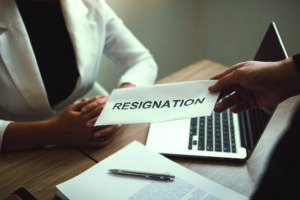


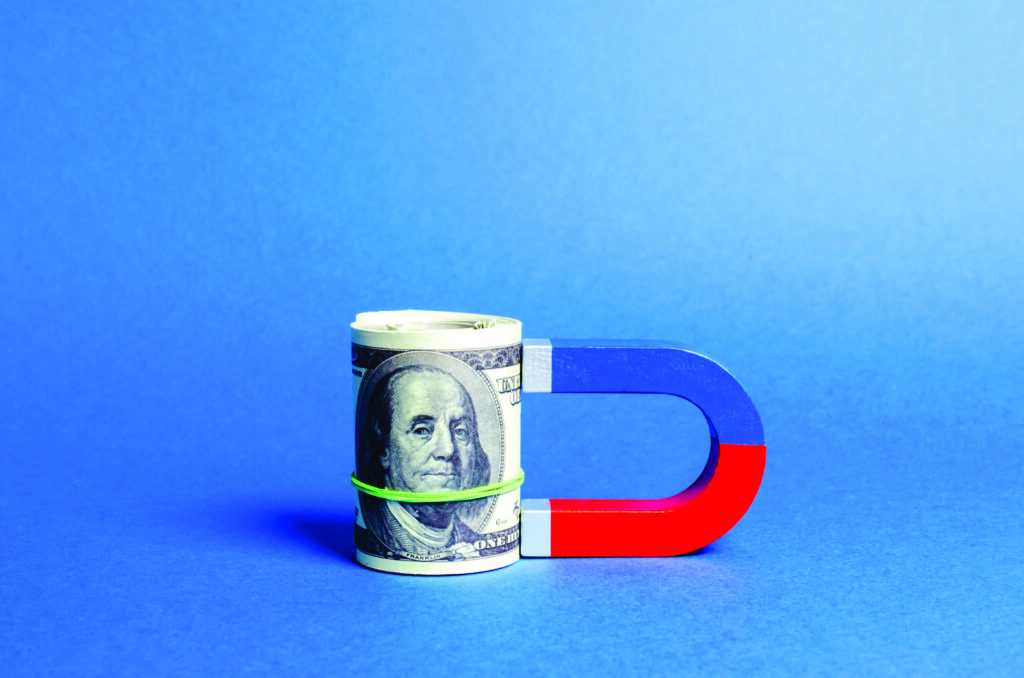
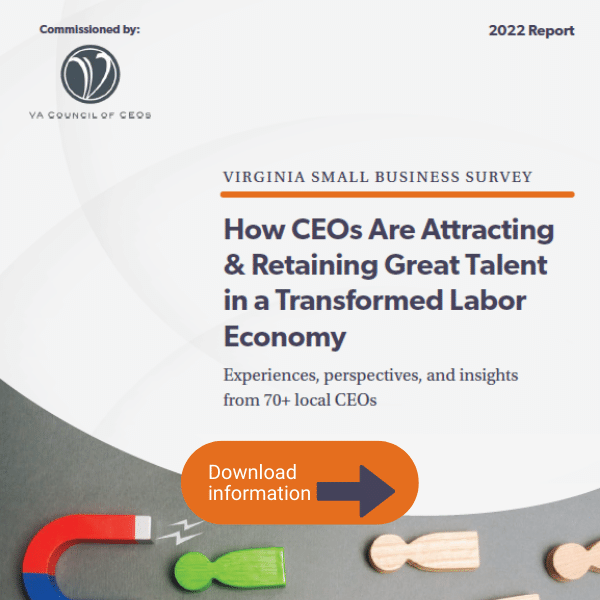
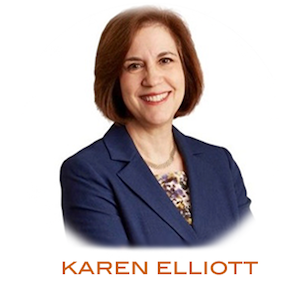 COVID VACCINE AND ALPHABET SOUP
COVID VACCINE AND ALPHABET SOUP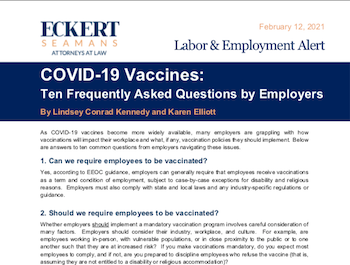
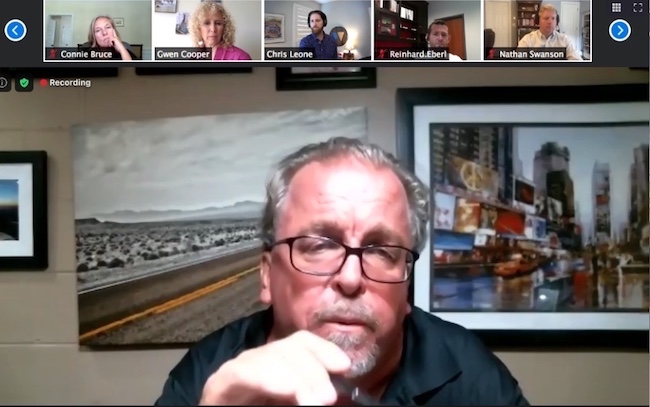 Mark Smith, Owner, Midas of Richmond
Mark Smith, Owner, Midas of Richmond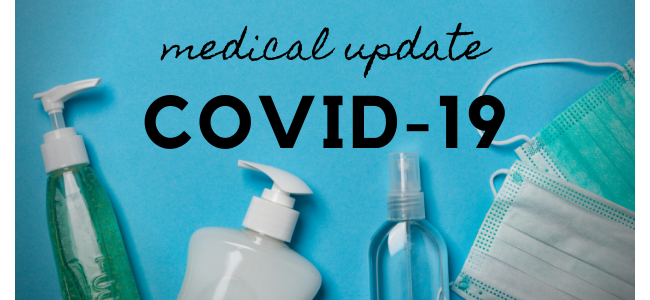
Recent Comments